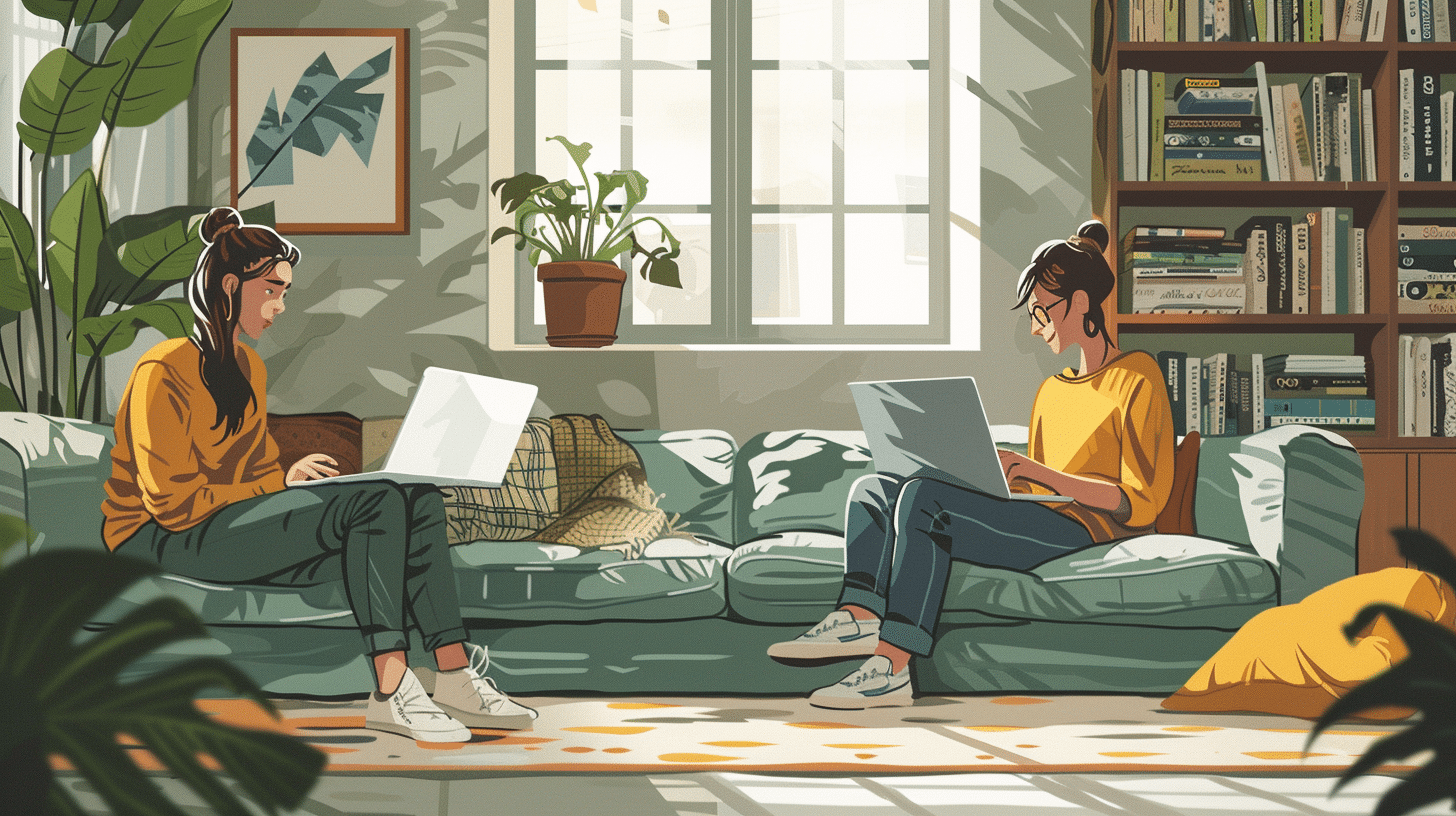Pick a language and start learning!
Participles Exercises in Islandic language

Participle forms in Icelandic are integral components that offer a rich and nuanced understanding of the language. Participles, both present and past, are used to create various tenses and can function as adjectives, adding depth to your descriptions and narratives. Understanding how to correctly form and use participles can greatly enhance your fluency and comprehension, making your speech and writing more dynamic and accurate. Whether you are a beginner or an advanced learner, mastering participles is essential for effective communication in Icelandic.
Our grammar exercises are designed to help you grasp the intricacies of Icelandic participles through practical application. You will engage with exercises that require you to identify, form, and use participles in different contexts, ensuring a thorough understanding of their roles and functions. By practicing with these exercises, you will not only improve your grammatical skills but also develop a deeper appreciation for the structure and beauty of the Icelandic language. Dive in and explore the fascinating world of Icelandic participles, and watch your language skills soar to new heights.
Exercise 1
<p>1. Hún var *sofandi* þegar ég kom inn (verb for sleeping).</p>
<p>2. Hann hefur *lesið* bókina tvisvar (verb for reading).</p>
<p>3. Við erum *að borða* kvöldmat núna (verb for eating).</p>
<p>4. Þeir hafa *skrifað* bréf til foreldra sinna (verb for writing).</p>
<p>5. Hún var *hlaupandi* niður götuna (verb for running).</p>
<p>6. Bókin var *lesin* af mörgum nemendum (verb for reading, past participle).</p>
<p>7. Hún hefur *farið* í sundlaugina (verb for going, past participle).</p>
<p>8. Við erum *að læra* íslensku (verb for studying).</p>
<p>9. Hann var *spilandi* á gítarinn (verb for playing).</p>
<p>10. Bílarnir voru *þvegnir* í gær (verb for washing, past participle).</p>
Exercise 2
<p>1. Ég er *komin* heim (past participle of "to come").</p>
<p>2. Bókin er *lesin* (past participle of "to read").</p>
<p>3. Hún hefur *borðað* kvöldmat (past participle of "to eat").</p>
<p>4. Við erum *sungin* mörg lög (past participle of "to sing").</p>
<p>5. Húsið er *málað* í gær (past participle of "to paint").</p>
<p>6. Hann er *skrifandi* bréfið (present participle of "to write").</p>
<p>7. Þeir eru *hlaupandi* í garðinum (present participle of "to run").</p>
<p>8. Við erum *spilandi* fótbolta (present participle of "to play").</p>
<p>9. Bílarnir eru *þvegnir* (past participle of "to wash").</p>
<p>10. Hún hefur *dansað* alla nóttina (past participle of "to dance").</p>
Exercise 3
<p>1. Ég er *að lesa* bókina (present participle of "read").</p>
<p>2. Hún hefur *sofið* í tíu klukkustundir (past participle of "sleep").</p>
<p>3. Við erum *að borða* kvöldmatinn (present participle of "eat").</p>
<p>4. Bókin var *skrifuð* af fræga rithöfundinum (past participle of "write").</p>
<p>5. Þeir eru *að hlaupa* í garðinum (present participle of "run").</p>
<p>6. Myndin var *teiknuð* af barninu (past participle of "draw").</p>
<p>7. Hún er *að syngja* lagið (present participle of "sing").</p>
<p>8. Húsið var *málað* í sumar (past participle of "paint").</p>
<p>9. Við erum *að fara* í bíó (present participle of "go").</p>
<p>10. Verkefnið var *lokið* á réttum tíma (past participle of "finish").</p>







